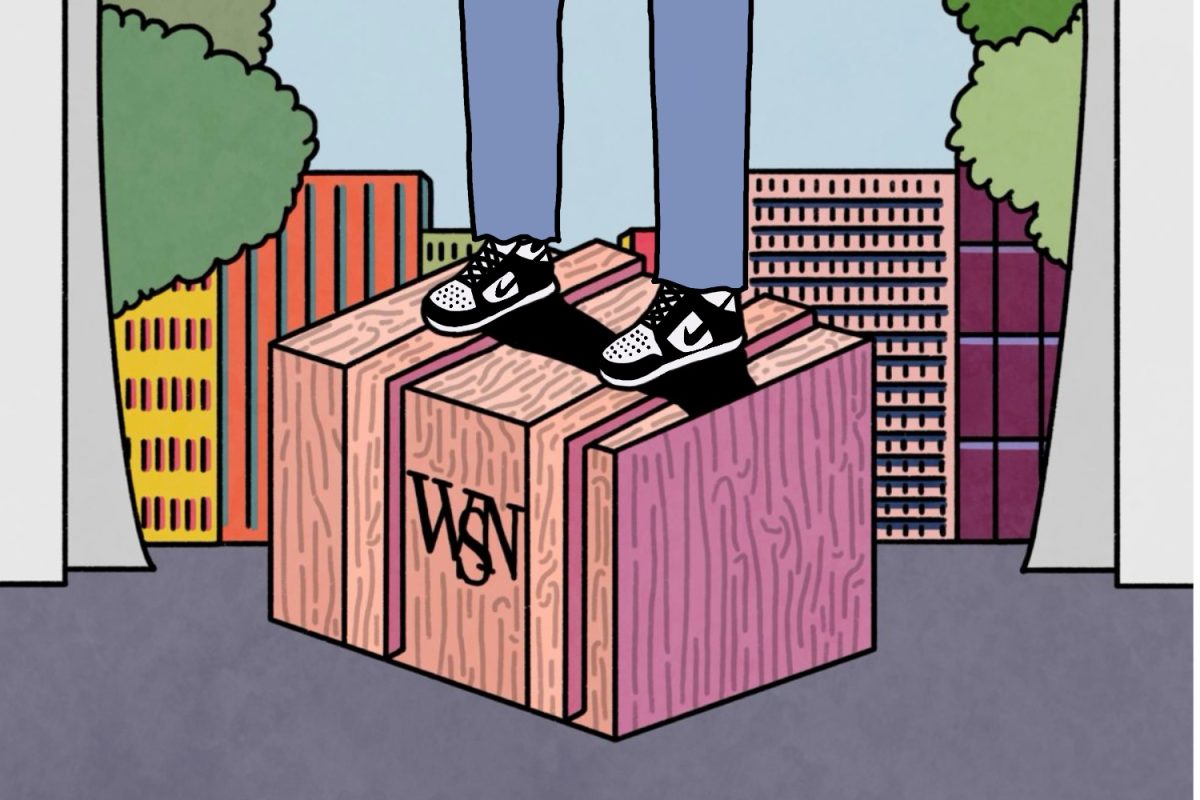In Australia, government to potentially abandon monarchy
Debate over Australia’s standing as a constitutional monarchy has resurfaced after King Charles III stated in a letter to the Australian Republican Movement that whether the country becomes a republic is “a matter for the Australian public to decide.” The letter came ahead of Charles’ visit to Australia, his first since becoming king.
The ARM has been advocating for an Australian republic — led by an Australian head of state, rather than a monarch — since 1991, arguing that Australians should choose how they want to be governed and by whom. The King’s letter responded to a December 2023 request from the ARM to meet with him and discuss the possibility of shifting from a monarchy to a republic.
“Please be assured that your views on this matter have been noted very carefully,” Assistant Private Secretary to the King, Nathan Ross said, according to The Guardian. “His Majesty, as a constitutional Monarch, acts on the advice of his Ministers, and whether Australia becomes a republic is, therefore, a matter for the Australian public to decide.”
The last time Australia’s public formally debated the issue was during a 1999 referendum, where 54.9% voted against transitioning to a republic. Nathan Hansford, co-chair of ARM, said that given the country’s growing multicultural community, he has seen a rise in support for the initiative.
In Prague, organized pub crawls face possible ban
Authorities in Prague plan to ban nighttime pub crawls in an effort to reduce rowdy behavior from heavy-drinking tourists.
The Prague City Council will deploy police to enforce the ban between 10 p.m. and 6 a.m., arguing that the pub crawls, organized by travel agencies, have negatively affected the city’s reputation for cleanliness and safety. Jiri Pospisil, one of the city’s deputy mayors, said the city was seeking “a more cultured, wealthier tourist.”
Prague, which consumed an average of 128 liters of beer per person last year, is not the first city to attempt to manage its more rambunctious visitors. Last year, Amsterdam launched a campaign targeting young British men to stay away from the city to improve its reputation. Officials in Venice and Barcelona have also taken measures by limiting tour group sizes and ending tourist apartment rentals, respectively.
While various Czech councils, offices and businesses have welcomed the decision, travel agency specialists and pub crawl organizers doubt the ban will have as substantial an impact as the city anticipates. Simon Old, who specializes in Prague nightlife for UK-based tour agencies, said the “half-hearted” ban wouldn’t stop people from organizing their own pub crawls.
“Being a destination that has profited for years on its reputation for being a bit of a party city, it seems like they’re trying to have their cake and eat it with this,” Old said in a statement to CNN.
In occupied Palestine, Israel sends ‘trickle’ of aid to Gaza after US threat to halt some military assistance
Israel denied obstructing aid deliveries to the Gaza Strip after the United States threatened to cut some military assistance if the country did not boost humanitarian access to the region.
Following the Sunday letter, Israel sent a “trickle” of aid — as described by the United Nation’s acting humanitarian chief Joyce Msuya — into northern Gaza, marking the first delivery in two weeks. Israel’s UN ambassador said it had “flooded Gaza with as much aid as possible.”
The United States’ letter to Israel, sent by the Biden administration, accuses the country of halting and restricting U.S. imports to Gaza and impeding nearly 90% of aid flow and humanitarian movements. It urged Israel to “surge all forms of humanitarian assistance throughout Gaza” before winter and to allow 1.7 million displaced Palestinians to move inland from Al-Mawasi. The letter states that if Israel does not increase aid within the next 30 days, it will have “implications for US policy.”
“There is now barely any food left to distribute, and most bakeries will be forced to shut down again in the next several days without additional fuel,” Msuya said in a statement. “Given the abject conditions and intolerable suffering in north Gaza, the fact that humanitarian access is nearly non-existent is unconscionable.”
Along with the depletion of aid, water and food supplies, the three partially operational hospitals in the occupied territory are facing shortages of fuel, blood and trauma medications. As a result, more than 50,000 people have fled their homes. At a Wednesday briefing, U.S. ambassador to the UN Linda Thomas-Greenfield warned that a “policy of starvation” in Gaza would be “horrific and unacceptable.”
“We know that commitments must be followed through on,” Greenfield said. “The progress we have seen since last week is insufficient.”
Contact Liyana Illyas at [email protected].























































































































































